Here’s a tidbit for you: We spend almost one-third of our lives sleeping. This is a huge chunk of our lives, and it is a time when our body can rest, recharge, and recover. It is recommended that adults get between seven and eight hours per night. However, many people get less than six hours a night.
Getting adequate sleep is very beneficial to your health. It can strengthen your immune system and even improve brain functioning. If you don’t get the proper amount of sleep, a number of issues can arise. These issues range from the physical to the mental, and can even be life-threatening.
Don’t worry. We’re here to help. We’ve got the information you need regarding the benefits of healthy sleep and the drawbacks of sleep deprivation. We’ll even give you some tips on how to get the best sleep possible!
Sleep And Your Heart
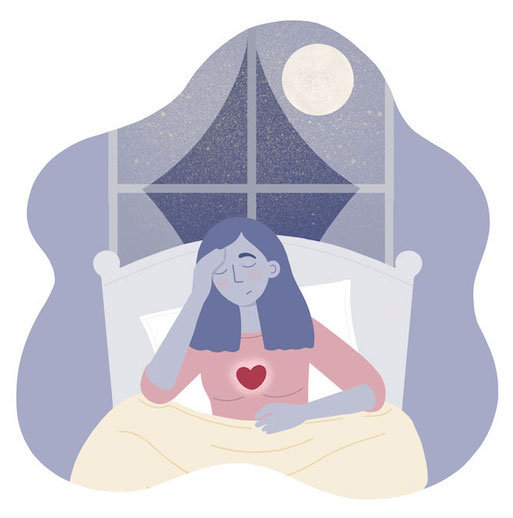
First off, sleep deprivation can be seriously dangerous for your heart. If you are getting less than six hours of sleep per night, you could increase your risk of heart attack, stroke, and coronary heart disease.
There has been a significant amount of research into how a lack of sleep affects the heart. For instance, studies have shown that inadequate sleep increases the risk factors for heart disease. These risk factors include hypertension (due to a failure of one’s blood pressure to lower with sleep), insulin resistance, and an increase in C-reactive protein.
In addition, breathing conditions like sleep apnea can be especially dangerous for your heart. Sleep apnea is a disorder in which a person stops breathing while sleeping. When this happens, it causes an increase in blood pressure and heart rate, putting a strain on the cardiovascular system.
Whether you have a sleep disorder or simply aren’t making the time to sleep, it could be taking a serious toll on your heart.
Weight Gain And Lack Of Sleep
If you aren’t getting enough sleep, you could also see your self gaining weight. Why exactly does this happen?
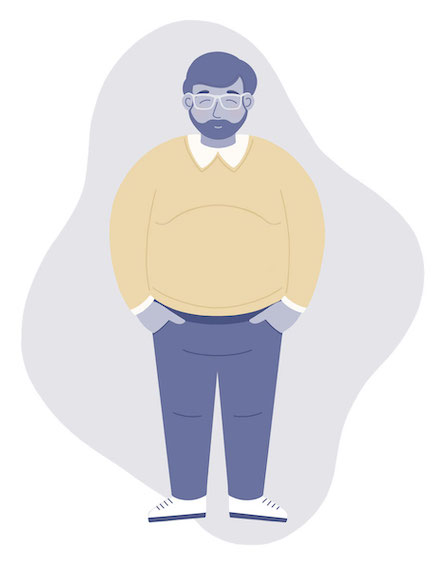
First off, if you don’t get enough sleep, your body’s hormone production changes. Under normal circumstances, a person produces a hormone called leptin. This actually reduces your hunger.
However, when you aren’t sleeping for the recommended number of hours, you produce less leptin and produce more of a hormone called ghrelin. Ghrelin is produced in the stomach and stimulates your hunger. What’s more, this hunger is often for convenient, high-calorie foods such as sweets and fast foods that are high in starch, carbohydrates, and salt.
Because of this, sleep deprivation is often associated with weight gain. Additionally, most people experience a dip in their metabolism rate when they’re awake for extended hours. There’s also some evidence that lack of sleep can make it even more difficult to lose weight.
If you want to maintain a healthy weight, make sure to prioritize your sleep.
Getting A Better Night’s Sleep
You can see the dangers of not getting enough sleep. So, how can you ensure you actually get those recommended seven to eight hours of sleep? Here are some nifty strategies for getting great sleep:
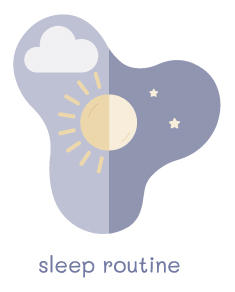 Try going to bed at a decent hour, which is of course this is easier said than done. Busy individuals should adhere to a schedule for when they’ll stop working, what time they’ll go to bed, and what time they’ll wake up each day. In general, everyone should go to sleep and wake up at the same time every day of the week, including weekends. This helps train your body to fall asleep at the same time every night, which can increase your chances of getting a full night’s sleep.
Try going to bed at a decent hour, which is of course this is easier said than done. Busy individuals should adhere to a schedule for when they’ll stop working, what time they’ll go to bed, and what time they’ll wake up each day. In general, everyone should go to sleep and wake up at the same time every day of the week, including weekends. This helps train your body to fall asleep at the same time every night, which can increase your chances of getting a full night’s sleep.- Make sure your bedroom is only used for sleeping and intimacy, which includes keeping your bedroom free of televisions, computers, smartphones, and other devices. The light emitted by these devices can interfere with your melatonin production, which helps people to feel relaxed, less alert, and
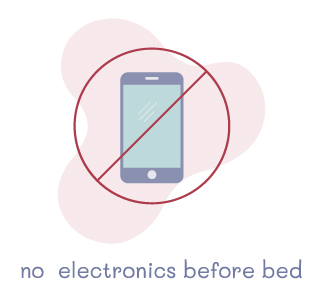 sleepy.
sleepy. - Ensure that you have a mattress to meet your specific needs. The best mattress for side sleepers will be a softer mattress, but those who need the best mattress for back sleepers should look for a medium-firm mattress. Those who need the best mattress for stomach sleepers should seek out something firmer.
- You always want to keep a close eye on what you eat and drink at night and make sure that you have dinner at least three hours before your bedtime. Also, if you are going to have an alcoholic drink, keep to this same schedule. Just be careful, because alcohol may seem like it is helping you sleep, but it really isn’t. Alcohol can hinder your time in REM sleep and make you need to use the restroom more throughout the night.
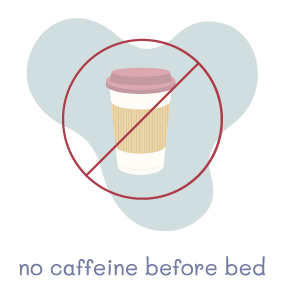 Caffeine is another cause for concern, as that cup of coffee may help you get through the day, but having a cup too late could seriously impact your sleep. If you are going to drink coffee or soda, make sure it is not four to six hours before your bedtime.
Caffeine is another cause for concern, as that cup of coffee may help you get through the day, but having a cup too late could seriously impact your sleep. If you are going to drink coffee or soda, make sure it is not four to six hours before your bedtime.- Practice self-care, because setting a routine before bed can make it much easier to sleep through the night. This could include taking a warm bath an hour before bed, and people should also consider exercising 30 minutes per day, because this has also been shown to positively impact sleep quality.
- People who snore should see a doctor, as excessive snoring could be a sign of sleep apnea, a common sleeping disorder. People with sleep apnea may think they are sleeping through the night, but their obstructed breathing does not allow them to get real rest. Sleep apnea can also increase your risk of heart disease and other conditions. If you show the signs of sleep apnea, it is worth getting it checked out by a medical professional.
RELATED: What Exactly Is Sleep Hygiene?
Overall
If you keep this advice in mind, you should be getting a good night’s sleep in no time. Be careful with alcohol and caffeine, keep to a schedule, and keep your bedroom dark and free of technology. And remember…sleep isn’t something to skimp on!
Featured image: lenetstan/Shutterstock
Resources
- How Sleep Affects Your Heart
- Why Lack of Sleep Is Bad for Your Health
- Ten Fascinating Things That Happen While You’re Sleeping
- The Science of Sleep: Understanding What Happens When You Sleep
- What Happens in the Brain During Sleep
- Sleep, Learning, and Memory
- UCLA Sleep Disorder Center: Heart Disease
- Help With the Headlines: Sleep and Heart Health
- Sleep Apnea Symptoms and Causes
- Sleep and Weight Gain
- Evidence-Based Living: The Link Between Sleep Deprivation and Weight Gain
- Expert Says That Being Sleep-Deprived Leads to Weight Gain, Other Disorders
- Sleep Loss Boosts Hunger and Unhealthy Food Choices
- Less Sleep Leads to More Eating and More Weight Gain, According to CU-Boulder Study
- Sleep Hygiene Tips
- Sleep Hygiene (PDF)
- Improving Your Sleeping Habits (PDF)
- Do’s and Don’ts of Sleep
- Why Can’t I Sleep? Common Barriers to Catching Your Z’s
- Sleep Rocks: Get More of it
- Sleep Deprivation and Deficiency
- Sleep and Your Health
- Sleep Needs: What to Do if You’re Not Getting Enough

